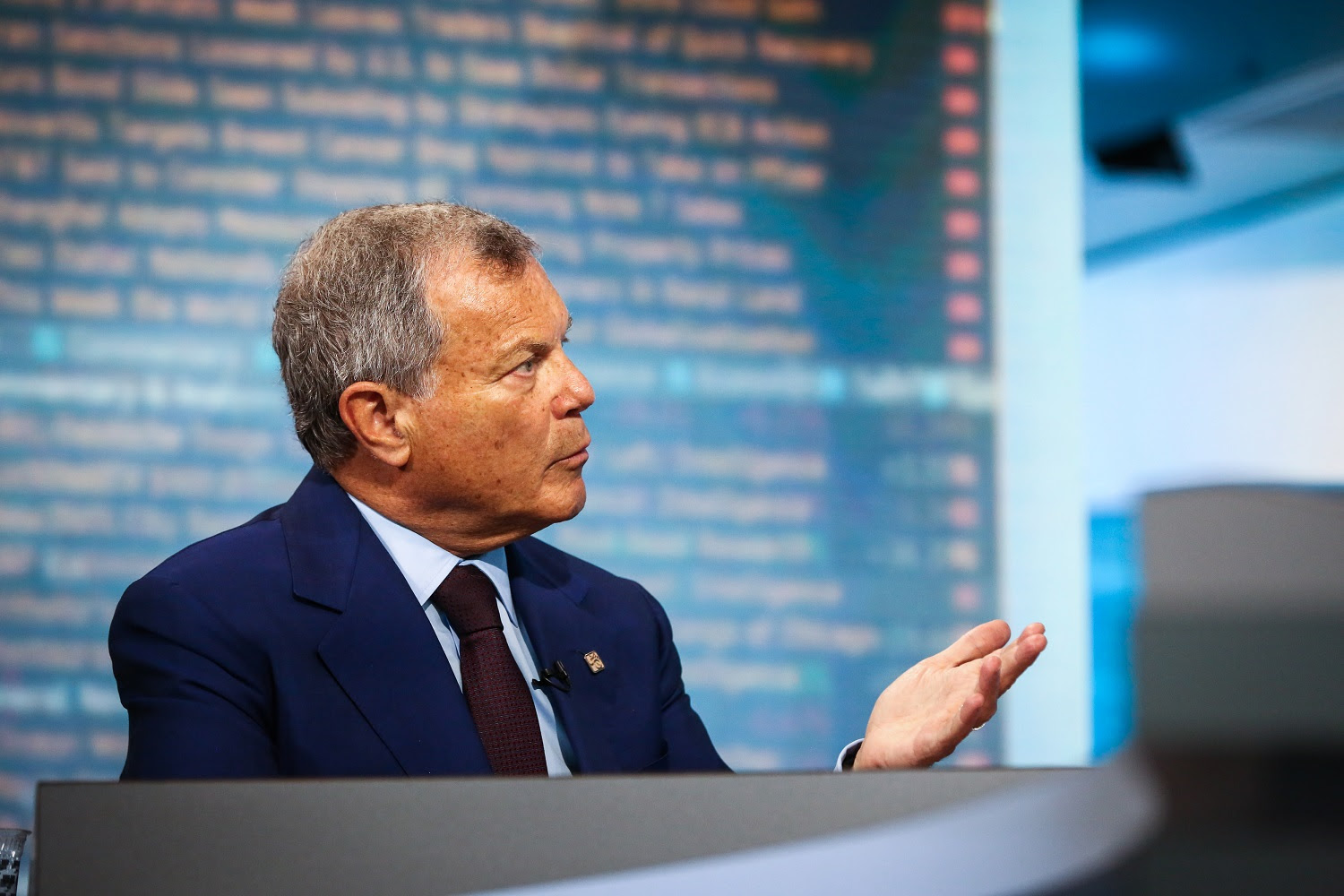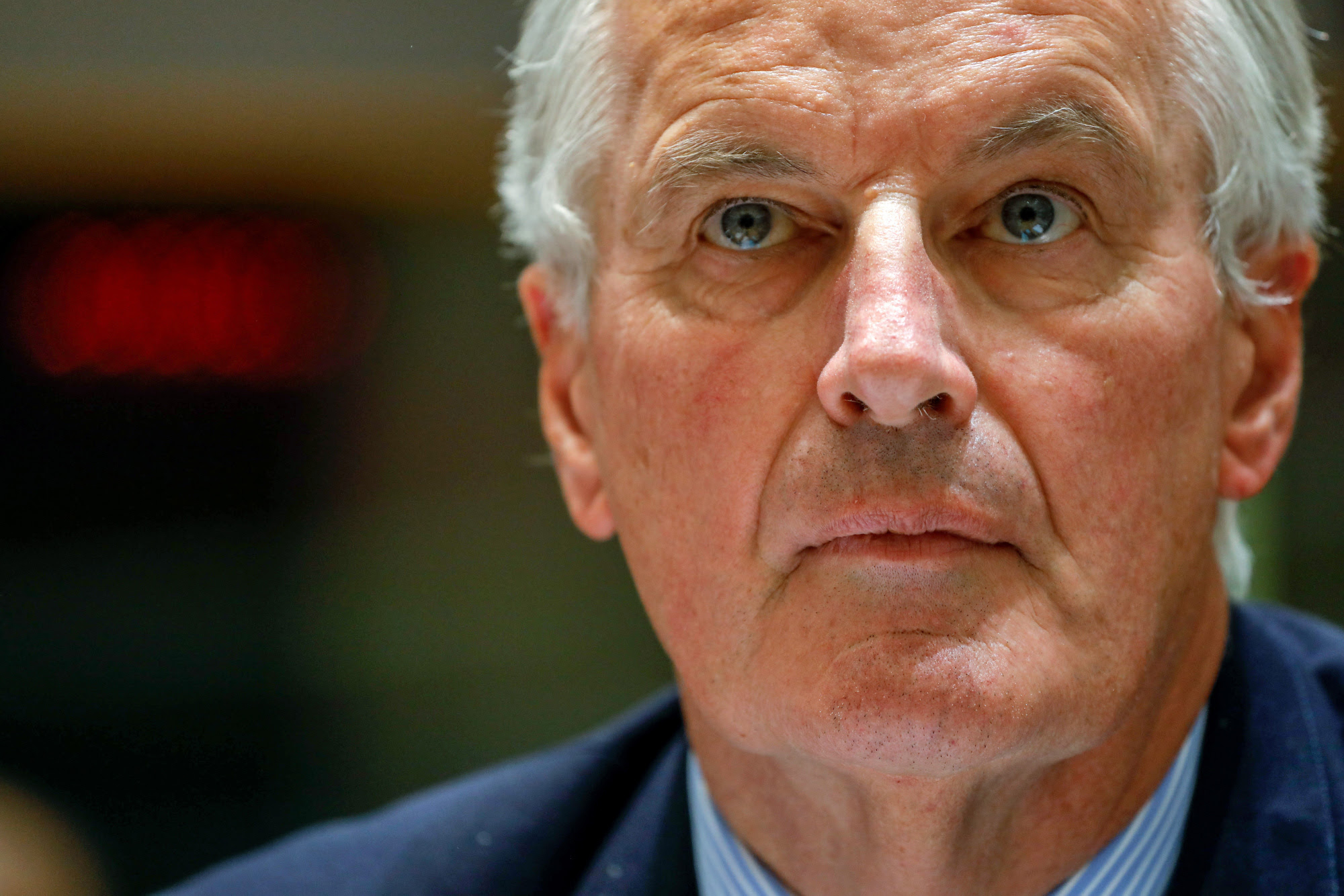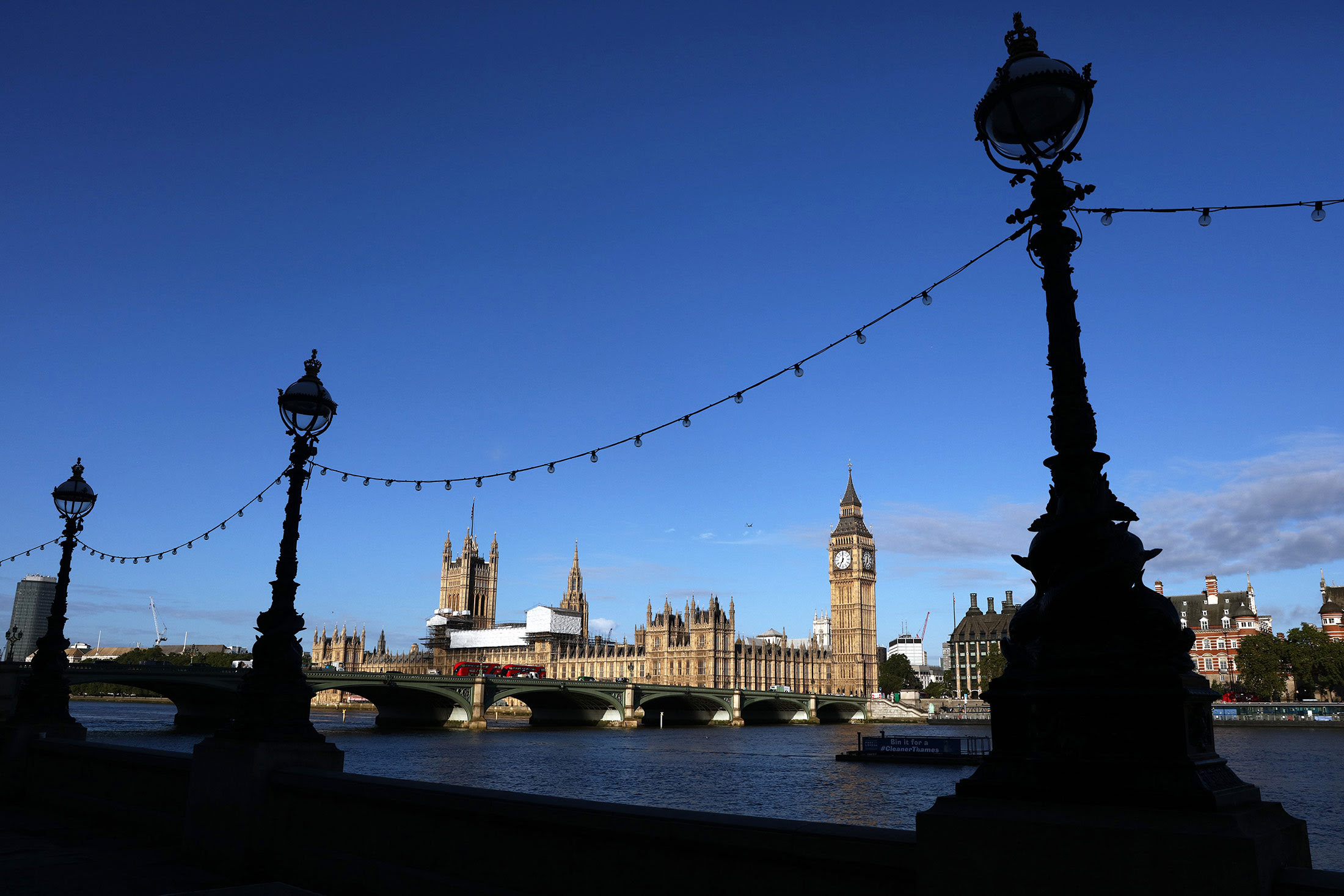What May will say
With a day to go before Theresa May delivers her keynote speech on Brexit in Florence, Bloomberg’s Tim Ross has the inside line on how the writing process is going.
Tim reported overnight that the prime minister is weighing whether to accept for the first time the need to discuss the European Union’s demand for a “Brexit bill” totaling tens of billions of pounds. Doing so would be a move designed to kick-start the divorce negotiations.
May will meet with her Cabinet on Thursday and she’s already signaling publicly she will use her address to try to bypass EU negotiator Michel Barnier and appeal directly to the leaders of the 27 other EU governments. She’s still hoping they will be willing to sanction trade talks as soon as next month.
“What I will be doing on Friday is setting out an update on where we are and looking ahead in the negotiations,” May told reporters on her trip to the United Nations. “The Council has given a mandate to the Commission, which has appointed Michel Barnier, but the decision will be taken by leaders.”
May is likely to say Britain will continue to pay the EU until 2020 when the budget period runs out, even though the country is scheduled to leave the bloc on March 29, 2019, a person familiar with the matter said. Despite this offer to avert what would be a budget black hole for the EU—estimated at €20 billion—May is said to be considering whether she can go further and could even suggest she will discuss payments beyond Britain’s current budget commitment.
She has already changed her language in public. In January, she said Britain would no longer “contribute huge sums” to the bloc. She qualified that this week, saying the payments wouldn’t go on “year on year on year.” As for a transitional period, May is set to back a so-called status quo phase to give businesses more time to adjust.
The speech is being redrafted constantly in an attempt to accommodate the competing demands of the EU and Tory euro-skeptics, officials familiar with the process say.

The Continental View
So what will be the EU’s response to the speech? A Bloomberg survey of the bloc’s 27 other governments gives some sense of it.
Britain’s EU counterparts are adamant the U.K. must agree to pay a financial settlement before talks can proceed to trade, according to the poll that reveals the depth of resistance to British calls for flexibility.
The Bloomberg survey suggests the prime minister needs to move a long way to enable a shift in October to addressing Britain’s future relationship with its biggest market.
“The financial settlement is one of the key questions that must be agreed upon before the EU and the U.K. can begin to negotiate the terms of the U.K.’s new relationship,” Finnish Finance Minister Petteri Orpo said in response to a set of questions put to capitals from Lisbon to Ljubljana. “Adequate progress has not been achieved on these topics, so I don’t consider it likely that we could move forward on the agenda in October.”
Support among continental capitals is unanimous for the EU’s position, with several praising Barnier. Worse for the U.K., Brexit simply isn’t a priority for the majority of those surveyed.
Most governments are willing to consider a transitional arrangement with the U.K., but several stipulated that it must be clearly defined, limited and come at a cost.
Brexit Latest
The Opposition | Keir Starmer, who speaks for the Labour Party on Brexit, said the EU had high expectations and hoped May would use Friday’s speech to “talk about the money.” He told the Guardian following meetings with the EU’s Brexit negotiating team that May’s political weakness had led the EU to question her ability to follow through on any promises she may make in the speech.
Outside Advice | May’s former joint chief of staff, Nick Timothy, said the government must now unite behind her. Writing in the Daily Telegraph, he blamed the Treasury for being reluctant to mention any positives from Brexit, such as money that will be freed up after Brexit, and he said Brexit Secretary David Davis must stop playing games.
The Economy | While U.K. retail sales rose in August at their fastest pace in four months, the OECD said on Wednesday that the U.K. economy will be the most sluggish among the Group of Seven next year when it expands by an estimated 1 percent. An Ipsos MORI poll for the Evening Standard found 52 percent of people expect economic conditions to deteriorate.
Banks | TheCityUK lobby group said now is “crunch time” for the finance industry. “We need the UK and the EU-27 to agree a time-limited and legally-binding transition period that resembles the status quo as closely as possible and applies across all sectors of the economy,” said CEO Miles Celic.
Businesses | Heathrow CEO John Holland-Kaye called for the government to end air passenger duty in its November budget as a “policy lever” to “boost demand and growth across the country in the early years of Brexit.” Meanwhile, Martin Sorrell of WPP said Brexit uncertainty had been excruciating. The ADS defense lobby recommended the government stay in the single market during the transition.
Message | The venue and timing of Theresa May’s Florence speech are not ideal, says an editorial by Bloomberg View. It’s a speech she should have given months ago, to a British audience, but if she gets the substance right, she can still help her country avoid the very worst effects of this unfolding Brexit disaster.




Comentarios
Publicar un comentario